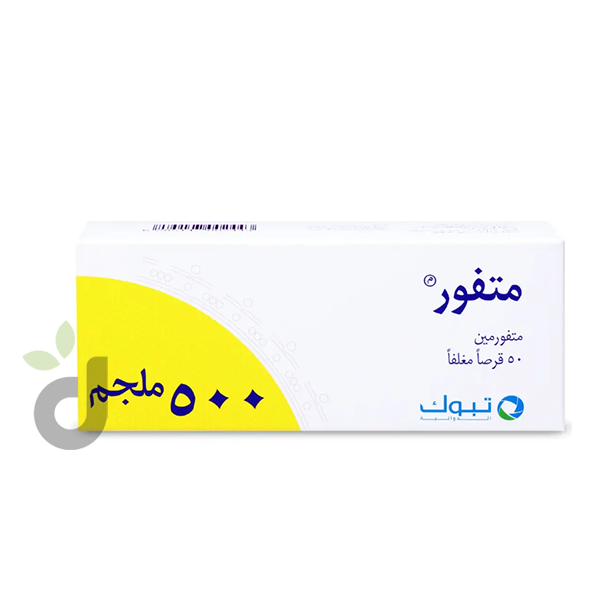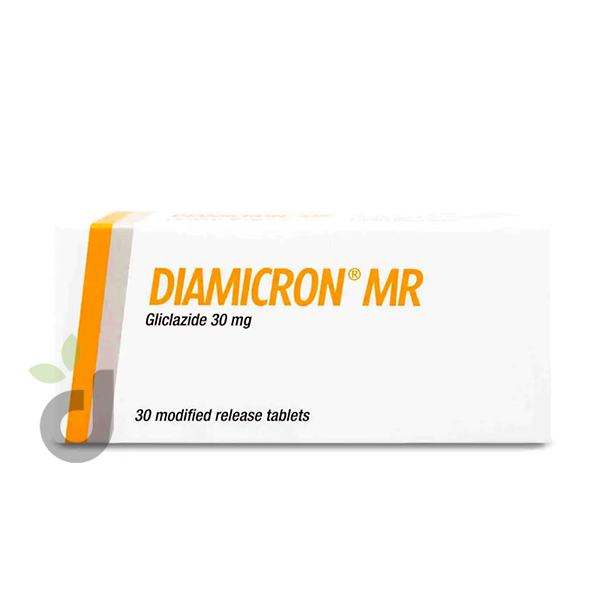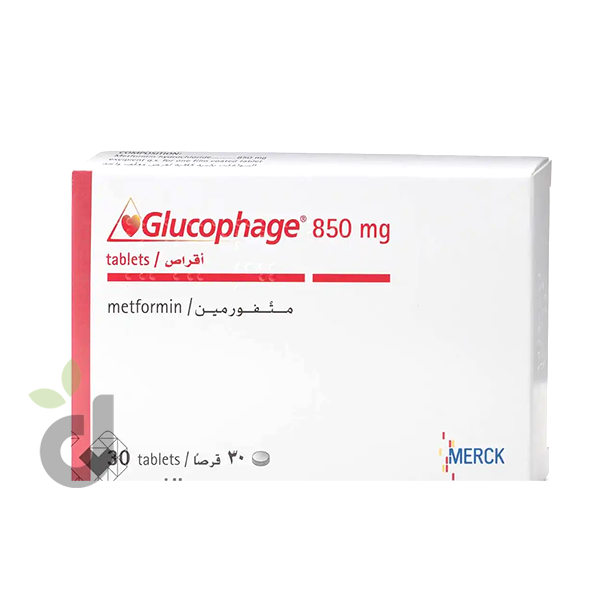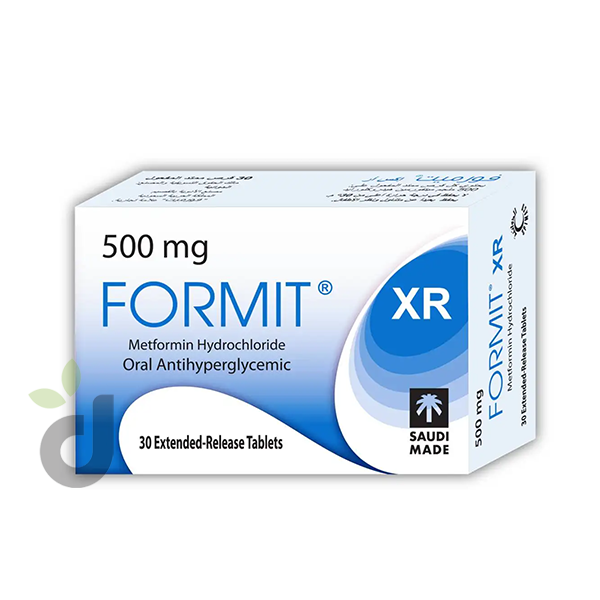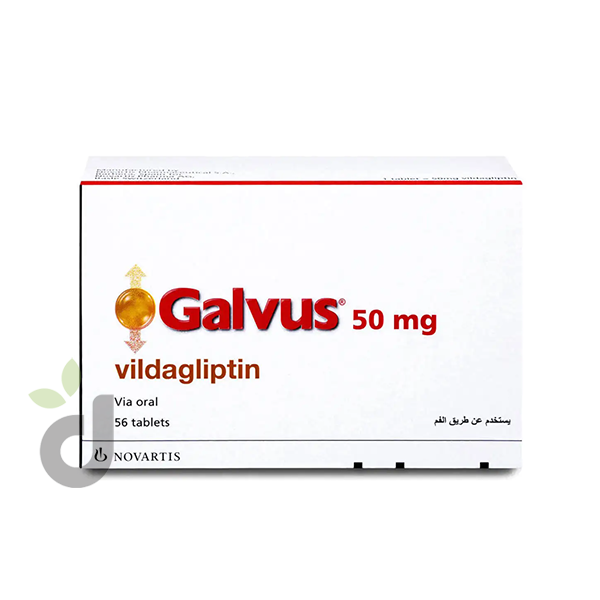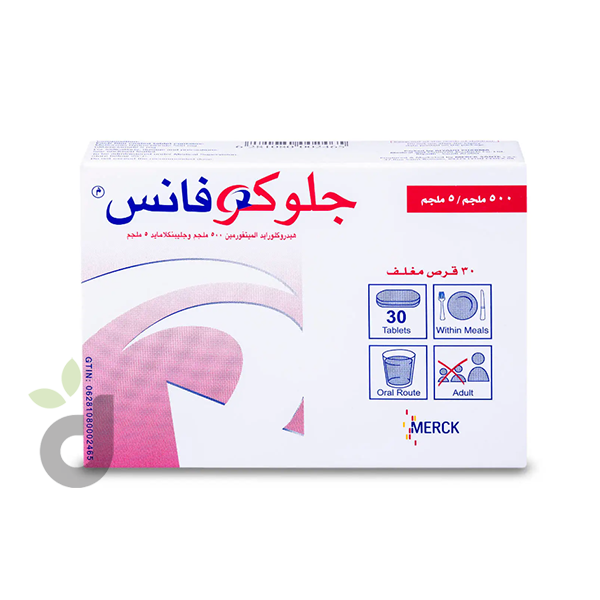
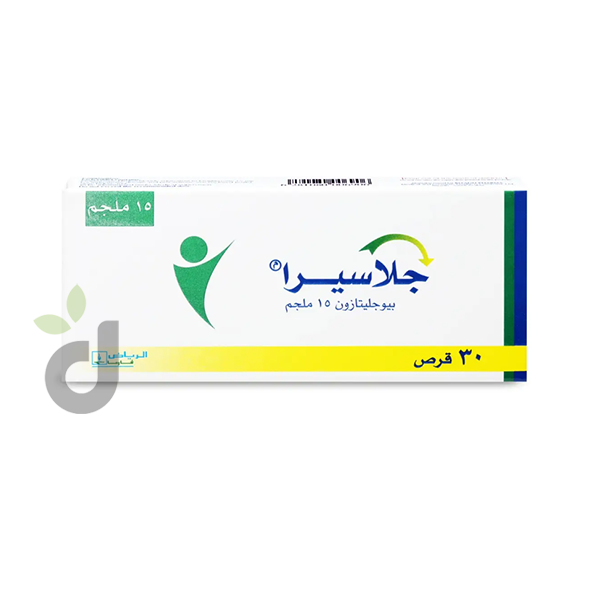


Glacera 15 mg 30 Tablets
(0
reviews)
Estimate Shipping Time:
1 Days
Inhouse product
Price
38رس
/0
Share
Top Selling Products
Reviews & Ratings
0
out of 5.0
(0
reviews)
There have been no reviews for this product yet.
Pioglitazone Hydrochloride 15 mg Tablets
? What is Pioglitazone Hydrochloride and What is it Used For:
Pioglitazone Hydrochloride belongs to a class of drugs known as "thiazolidinediones." It is used to treat adult patients with type 2 diabetes (elevated blood sugar levels due to insulin resistance) as an adjunct to diet and exercise to help improve blood sugar control.
? Do Not Take Pioglitazone Hydrochloride if You:
- Are allergic to Pioglitazone Hydrochloride or any of its ingredients.
- Have been diagnosed with heart failure of NYHA Class III or IV (advanced stages of heart failure where the heart is unable to pump blood properly).
? Warnings and Precautions:
- Talk to your doctor if you have allergic reactions such as shortness of breath, rash, swelling of the face or neck, low blood pressure, or dizziness.
- This drug may cause fluid retention, which can worsen or lead to heart failure.
- The risk of fluid retention is higher in patients using insulin along with this drug, especially those with NYHA Class I or II heart failure.
- Make sure to talk to your doctor before starting this medication if you have heart problems (like heart failure).
- If you develop symptoms of heart failure while taking this drug, such as swelling of the feet, ankles, or abdomen, weight gain, fatigue with exertion, difficulty breathing, or irregular heartbeat, contact your doctor immediately.
- This medication can cause edema (swelling) related to the dose. If this happens, inform your doctor, who may reduce the dosage if necessary.
- Pioglitazone may be associated with liver problems that can be life-threatening. If liver damage is suspected, your doctor will stop the medication immediately and assess the cause of liver damage.
- Do not resume this medication if the cause of liver damage cannot be identified.
- Your doctor may recommend liver function tests if you have liver problems and adjust your dose accordingly.
- This drug may increase the risk of fractures in women.
- Long-term use of this medication may increase the risk of bladder cancer.
- Do not take this medication if you have bladder cancer or a history of bladder cancer.
- It may cause hypoglycemia (low blood sugar) when used with insulin or insulin secretagogues. Your doctor may adjust the insulin dose to prevent hypoglycemia.
- Talk to your doctor if you experience symptoms of hypoglycemia, such as shaking, palpitations, sweating, or dizziness.
- Increased blood sugar levels may lead to macular edema (swelling in the eye). Regular eye exams are recommended.
- This drug does not appear to reduce the risks of major vascular outcomes (such as complications involving the heart, kidneys, eyes, brain, and nerves).
- Consult your doctor before taking this drug if you have liver problems, heart failure, type 1 diabetes, or diabetic ketoacidosis.
- Your doctor will likely perform blood tests, including HbA1c, before starting treatment with Pioglitazone.
? Potential Side Effects:
- Allergic reactions such as rash or itching.
- Symptoms of heart failure, including swelling of the feet, ankles, or abdomen, weight gain, fatigue, difficulty breathing, and irregular heartbeat.
- Liver problems such as stomach pain, nausea, unusual fatigue, jaundice (yellowing of the skin or eyes), or loss of appetite.
- Edema, weight gain, fractures, bladder cancer, hypoglycemia (when used with insulin or other diabetes medications).
- Upper respiratory infections, sinusitis, headaches, muscle pain, sore throat, laboratory abnormalities, ovulation, and increased pregnancy risk.
? Other Medications and Pioglitazone Hydrochloride:
- Inform your doctor or pharmacist if you are taking or have recently taken any other medications, including prescription drugs, over-the-counter medications, herbal products, vitamins, or supplements.
- If you are taking Gemfibrozil (used to treat high triglyceride levels).
- If you are taking Rifampin (an antibiotic).
? How to Take Pioglitazone Hydrochloride:
- Initial Dose: 15 mg or 30 mg orally once daily.
- Maximum Dose: 45 mg daily.
- Children: Safety and efficacy have not been established in children.
? Usage Instructions:
- Take the medication exactly as prescribed by your doctor.
- You can take the tablet with or without food.
- Swallow the tablet whole with a full glass of water.
- Take it at the same time each day.
- If you are under stress (such as infection, injury, fever, or surgery), make sure to speak with your doctor right away.
- Your doctor may adjust your diabetes medications as needed.
- It may take 2-3 months to see full effects on blood sugar control.
- Ensure you follow a healthy diet and exercise plan as recommended by your healthcare provider and check blood sugar levels regularly.
? How to Store Pioglitazone Hydrochloride:
- Store the medication at a temperature between 15°C to 30°C.
- Keep the medication out of reach of children and pets.
- Do not use the medication after the expiration date mentioned on the packaging.
- Keep the medication in its original container to protect it from moisture and light.
- Do not use damaged tablets.
- Do not dispose of the medication in wastewater or household waste.
Frequently Bought Products
Top Selling Products
